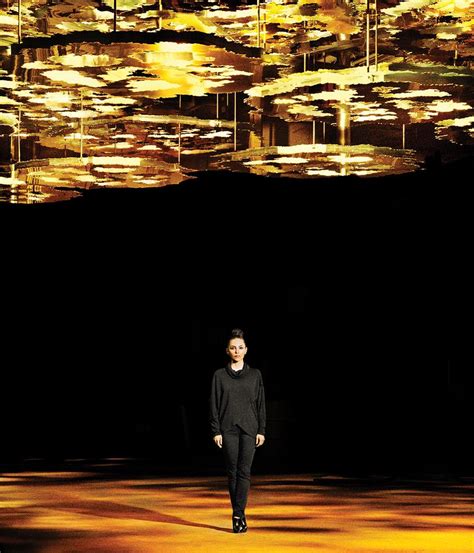A Quote by Genevieve Gorder
It's not about doing over the living room of someone who has bad taste in color. This is about restoring historic buildings and instilling pride in a community, which can be done through designing new public spaces and social gathering spots.
Related Quotes
The old process of social assimilation used to be mainly about English new money - generated in London, the mucky, brassy North or the colonies - buying those houses and restoring them, and doing the three-generation thing, mouldering into the landscape, and the 'community,' identifying with the place in a familiar way.
One of the things that's amazing about reading the private writing of these folks is that they enthusiastically describe things which we have now seen, and which are widely regarded as unappealing. They'll write, "It's going to be beautiful, we're going to have a town of 1,000 stone buildings that are all identical." And we as modern readers think, we've seen that; that's bad Soviet architecture or a public housing project. Nobody fantasizes about living there.
The normal way of gathering information is through sound: when you hear information that you want to gather, you look in its direction, you see what it is, if you choose you can get closer, you can see it, you can touch, and then, finally, the most committed form of data gathering is to taste it and eat it. But for the urbanite, we're cut off from our primary sense, and I want to stress that - our primary sense of gathering information about the place that we're living in - and instead, we're in a war zone.
I'm getting on a bit, don't know what I'm going to do, no pension pot and the prospect of growing old in the city, well... So I met these people a few years ago doing community type of living, land sharing, living in a community way. You can live on next to nothing. It's about living the social life but keeping the party going and have a bit of fun.
Building places that are worth living in and worth caring about require a certain attention to detail, and of a particular kind of detail that we have forgotten how to design and assemble. And that involves the relationship of the buildings to each other, the relationship of the buildings to the public space, which in America, comes mostly in the form of the street. Because it's only the exceptional places in America that have the village square or the New England green. You know. The street is mostly the public realm of America. And we have to design these things so that they reward us.
Boost Mobile RockCorps is providing the chance and motivation to get our youth interested in volunteering. I usually hear about older people volunteering, but this movement is something new that is encouraging the youth to become involved. It's really a chance for them to come together through caring more about their community, which is so important for these kids to learn early on. I think it's crucial to instill a sense of pride in the community and this is a great way for our youth to do that.
You see, Greg, my mother is going through a feline phase. Blinky is a Persian,' Hale said simply, as if that should explain everything. 'Binky has a nasty habit of shedding all over the living room furniture, you see.' Gregory Wainwright nodded as if he understood perfectly. 'And so we had to get new living room furniture, which, unfortunately, does not go with the Monet.' Kat stood there for a moment, staring into that small window of the world where someone would tire of a Monet simply because it clashed with the couch.
Spaces of liberation are, in a certain way, some kind of social spaces where people can not only get together and think about something else, but also act together. If you are thinking about an elemental solidarity, you are thinking about people acting together and taking decisions together, and thereby beginning to think about what sort of society they want to create. So, there is a need for liberated spaces; that is really difficult.
I think, at some level, we see young people all over the country mobilizing around different issues, in which they're doing something that I haven't seen for a long time. And that is, they're linking issues together. You can't talk about police violence without talking about the militarization of society in general. You can't talk about the assault on public education unless you talk about the way in which capitalism defunds all public goods. You can't talk about the prison system without talking about widespread racism. You can't do that. They're making those connections.








































